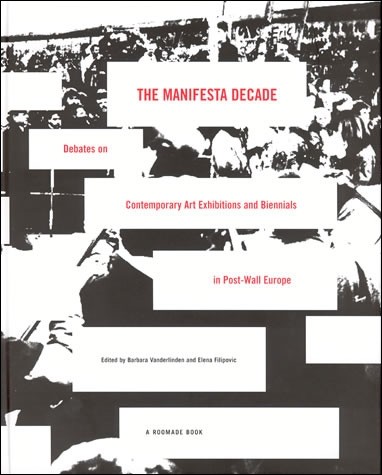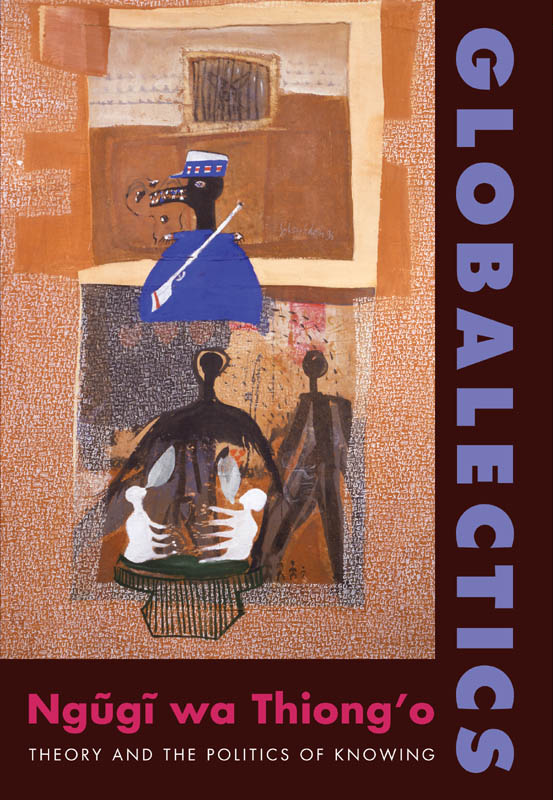Ravi Sundaram: Pirate Modernity: Delhi’s Media Urbanism (2009)
Filed under book | Tags: · city, delhi, globalisation, infrastructure, mass media, modernism, modernity, piracy, postcolonialism, urban planning, urban studies, urbanism

“Using Delhi’s contemporary history as a site for reflection, Pirate Modernity moves from a detailed discussion of the technocratic design of the city by US planners in the 1950s, to the massive expansions after 1977, culminating in the urban crisis of the 1990s.
As a practice, pirate modernity is an illicit form of urban globalization. Poorer urban populations increasingly inhabit non-legal spheres: unauthorized neighborhoods, squatter camps and bypass legal technological infrastructures (media, electricity). This pirate culture produces a significant enabling resource for subaltern populations unable to enter the legal city. Equally, this is an unstable world, bringing subaltern populations into the harsh glare of permanent technological visibility, and attacks by urban elites, courts and visceral media industries. The book examines contemporary Delhi from some of these sites: the unmaking of the citys modernist planning design, new technological urban networks that bypass states and corporations, and the tragic experience of the road accident terrifyingly enhanced by technological culture. Pirate Modernity moves between past and present, along with debates in Asia, Africa and Latin America on urbanism, media culture, and everyday life.
This pioneering book suggests cities have to be revisited afresh after proliferating media culture. Pirate Modernity boldly draws from urban and cultural theory to open a new agenda for a world after media urbanism.”
Publisher Routledge, Oxford & New York, 2009
Asia’s Transformations series
ISBN 9780415409667, 0415409667
xix+224 pages
HT Geraldine
Reviews: Diya Mehra (SAMAJ, 2011), Fei An Tjan (Masters of Media, 2010).
PDF (10 MB)
Comment (0)Barbara Vanderlinden, Elena Filipovic (eds.): The Manifesta Decade: Debates on Contemporary Art Exhibitions and Biennials in Post-Wall Europe (2005)
Filed under book | Tags: · art history, contemporary art, europe, exhibition, globalisation

“Reflections from curators, historians, philosophers, anthropologists, architects, and writers on the cultural and political conditions of European exhibition practice since the fall of the Berlin Wall.
Manifesta, the first itinerant European Biennial for Contemporary Art, emerged in a post-wall, globalizing Europe. Founded in 1993, it organized traveling exhibitions aimed at providing a new framework for cultural exchange and collaboration between artists and curators from across the continent. The Manifesta Decade marks Manifesta’s ten years of exhibits with original essays, unpublished images, and texts that not only document the different Manifesta exhibits but also examine the cultural, curatorial, and political terrain of the Europe from which they sprang.
Including contributions from philosophers, historians, and anthropologists, interviews with architect Rem Koolhaas and historian Jacques Le Goff, and essays by such curators and writers as Okwui Enwezor, Boris Groys, Maria Hlavajova, and Hans Ulrich Obrist, the collection traces the cultural and political developments of Europe in the 1990s. It reflects the debates incited by exhibitions such as Magiciens de la Terre, Documenta, and After the Wall and explores the changing roles of curators and artists in the new geo-political context. The issues discussed include the effect of communism’s collapse on Eastern Europe, the role of Biennials in the context of globalization, and the ephemerality of exhibitions versus the permanence of the museum. The book’s second section traces the history of Manifesta, from its conceptual foundations and contributions to artistic practices of the 1990s to the relationship of a roving Biennial to themes of multiculturalism, migration and diaspora. At a moment when biennials continue to proliferate worldwide, The Manifesta Decade takes Manifesta as a case study to look critically at the landscape from which new exhibition paradigms have emerged. The book’s 100 images, both color and black and white, include unpublished installation shots of each Manifesta exhibition.”
Publisher MIT Press, Cambridge, MA, with Roomade, Brussels, in collaboration with the International Foundation Manifesta, Amsterdam, 2005
ISBN 9780262220767, 0262220768
337 pages
Reviews: Aaron Schuster (Frieze, 2006), Veronica Davies (Art Book, 2007), Philipp Kaiser (ARTMargins, 2008).
Comment (0)Ngũgĩ wa Thiong’o: Globalectics: Theory and the Politics of Knowing (2012)
Filed under book | Tags: · africa, dialectic, globalisation, knowledge, literary criticism, literary theory, literature, neocolonialism, orality, politics, postcolonialism, theory

“A masterful writer working in many genres, Ngũgĩ wa Thiong’o entered the East African literary scene in 1962 with the performance of his first major play, The Black Hermit, at the National Theatre in Uganda. In 1977 he was imprisoned after his most controversial work, Ngaahika Ndeenda (I Will Marry When I Want), produced in Nairobi, sharply criticized the injustices of Kenyan society and unequivocally championed the causes of ordinary citizens. Following his release, Ngũgĩ decided to write only in his native Gikuyu, communicating with Kenyans in one of the many languages of their daily lives, and today he is known as one of the most outspoken intellectuals working in postcolonial theory and the global postcolonial movement.
In this volume, Ngũgĩ wa Thiong’o summarizes and develops a cross-section of the issues he has grappled with in his work, which deploys a strategy of imagery, language, folklore, and character to ‘decolonize the mind.’ Ngũgĩ confronts the politics of language in African writing; the problem of linguistic imperialism and literature’s ability to resist it; the difficult balance between orality, or ‘orature’, and writing, or ‘literature’; the tension between national and world literature; and the role of the literary curriculum in both reaffirming and undermining the dominance of the Western canon. Throughout, he engages a range of philosophers and theorists writing on power and postcolonial creativity, including Hegel, Marx, Lévi-Strauss, and Aimé Césaire. Yet his explorations remain grounded in his own experiences with literature (and orature) and reworks the difficult dialectics of theory into richly evocative prose.”
Publisher Columbia University Press, New York, 2012
Wellek Library Lectures in Critical Theory series
ISBN 9780231159500, 0231159501
xi+104 pages
Reviews: Publishers Weekly (2011), Corbin Treacy (Transnational Lit, 2012), Danson Kahyana (Slip, 2012), Geoff Wisner (Words Without Borders, 2012), M.A. Orthofer (Complete Rev, 2012), Jenna N. Hanchey (E3W Rev of Books, 2013), Devin Zane Shaw (Society+Space, 2013), Magalí Armillas-Tiseyra (E-Misférica, 2014), Oliver Lovesey (Cambridge J Postcolonial Lit Inquiry, 2014), Ndiritu Wahome (2016).
Comment (0)
